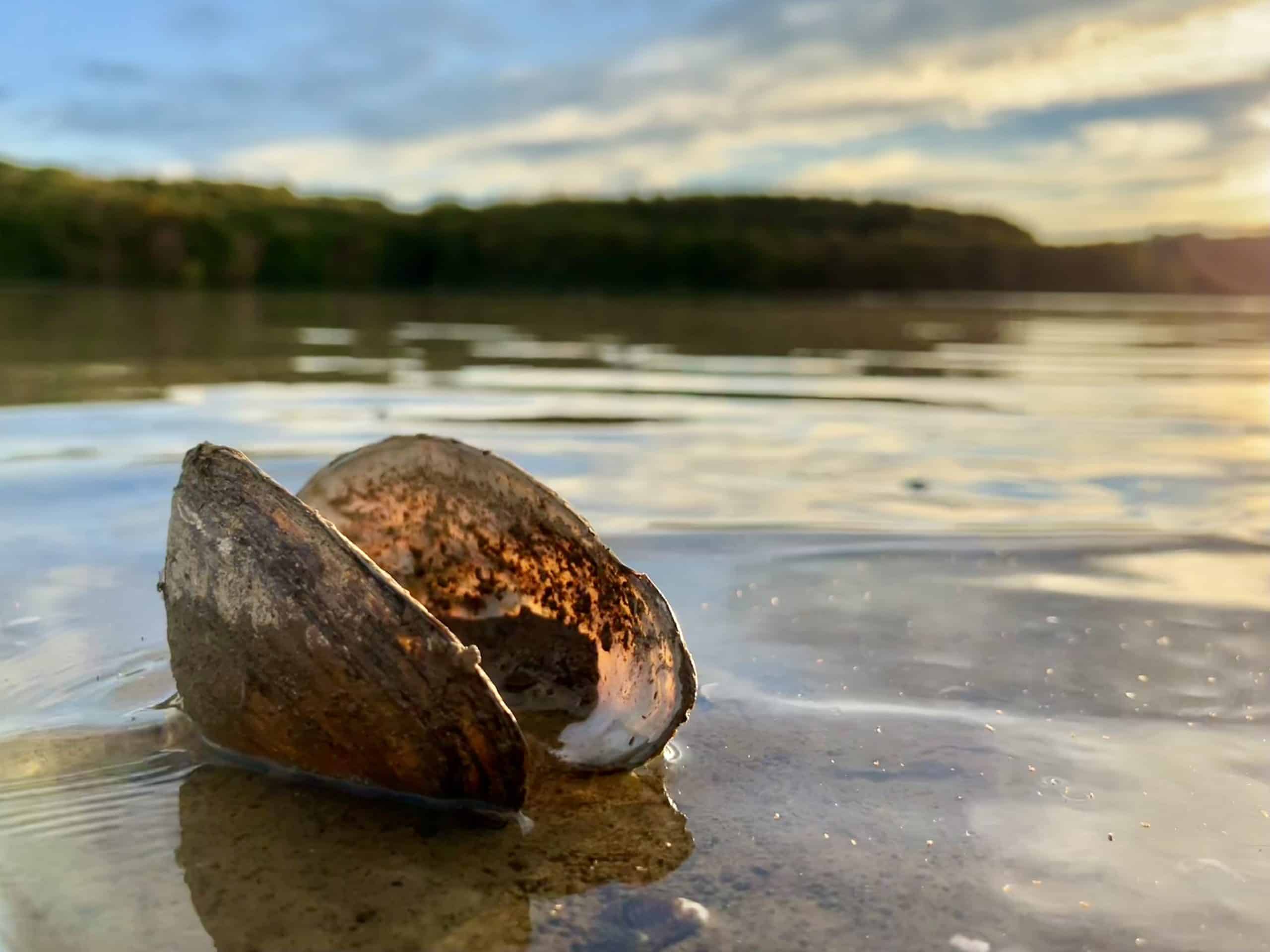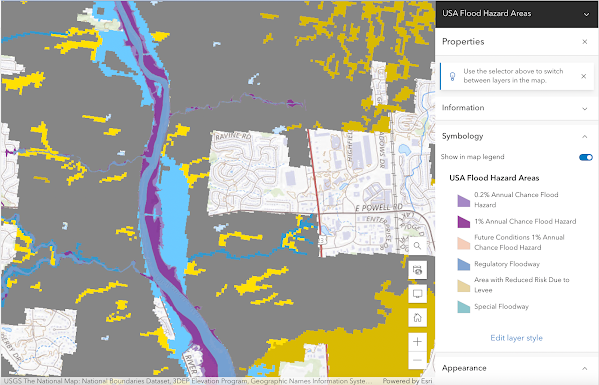Agriculture on the Olentangy river
Threats to the Olentangy Watershed

The Olentangy River watershed is significantly impacted by agricultural activities. Runoff from farms, including fertilizers, pesticides, and animal waste, enters the river system, contributing to water pollution. These pollutants can lead to nutrient enrichment, algal blooms, and contamination of the water, affecting both aquatic life and the overall ecosystem. Sedimentation from erosion caused by agriculture also degrades water quality and habitats within the watershed. Efforts to mitigate these impacts include implementing best management practices (BMPs) on farms, improving land use planning, and promoting sustainable agricultural practices to reduce pollution and protect the Olentangy River watershed.
Using the waterway tools from the EPA, it is noted that the mouth of the river is impaired mainly by agricultural run-off. This run-off mainly consists of Nitrogen and Phosphorus.
Above are annual amounts of nutrients and sediment in the water caused by agricultural run-off and stormwater run-off.
This issue is threatening the watershed in many ways. It is causing water quality problems for macro invertebrates that call the watershed home. Along with several state-endangered freshwater mussels, there are also several fish species that are being affected.




Comments
Post a Comment